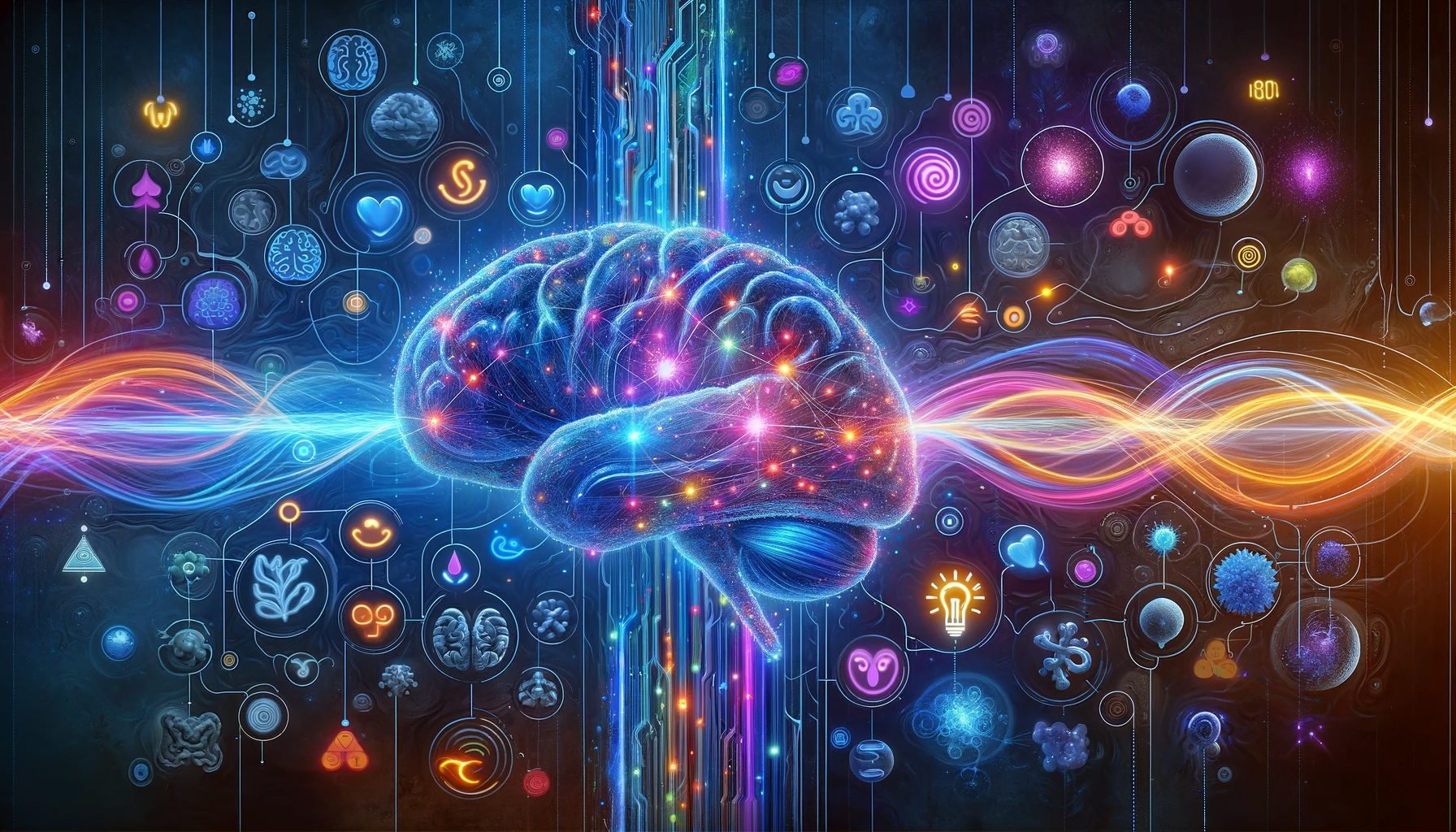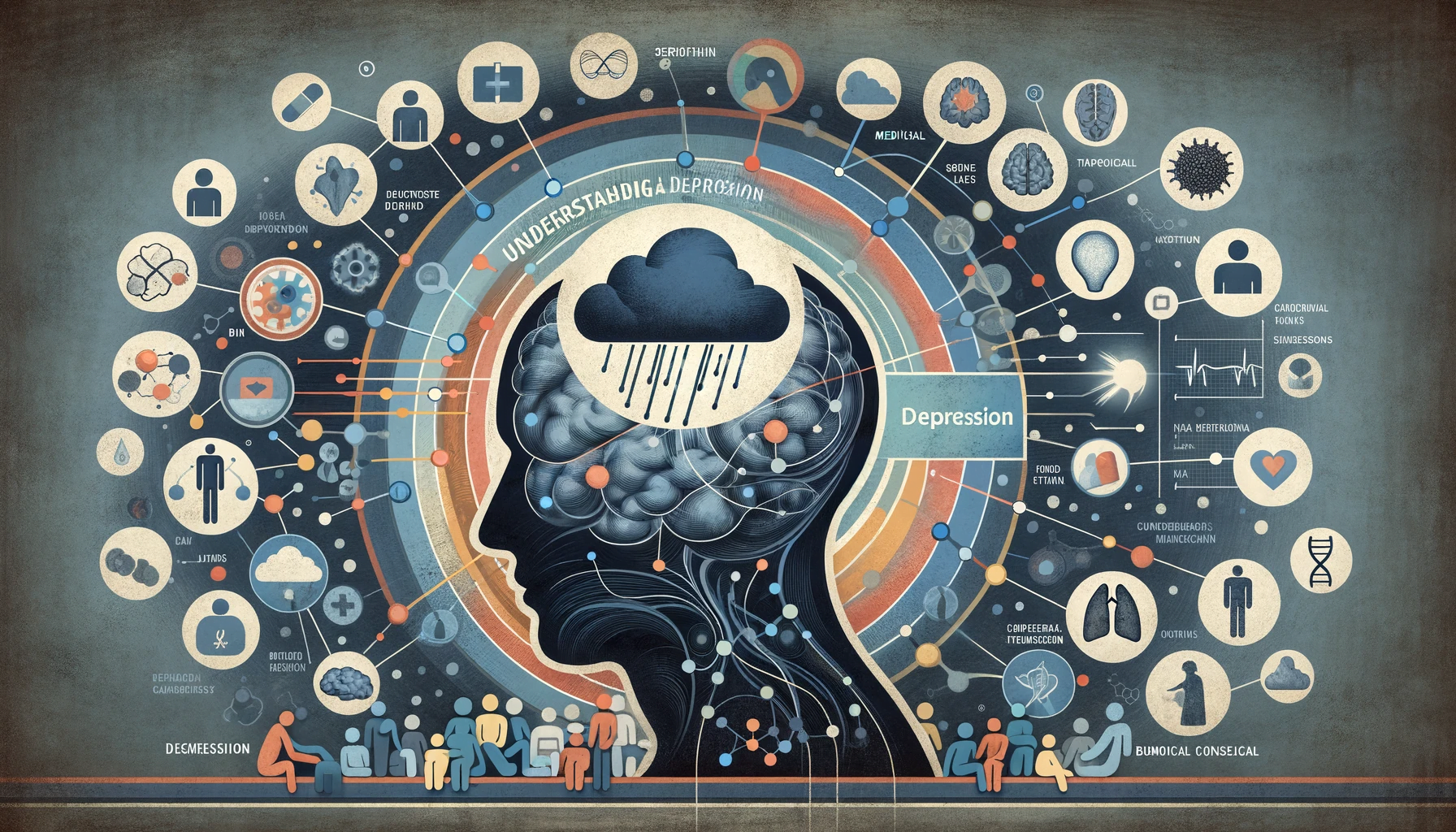Introduction: Neurotransmitters play a vital role in regulating mood, cognition, and overall mental health. This article explores the complex world of neurotransmitters, understanding their function, how imbalances can affect mental well-being, and the implications for mood and cognitive processes.
Understanding Neurotransmitters: Neurotransmitters are chemical messengers in the brain that relay signals between neurons, affecting everything from our feelings and thoughts to our actions. Common neurotransmitters like serotonin, dopamine, and norepinephrine are integral in regulating mood, attention, reward, and more.
The Impact of Neurotransmitter Imbalances:
- Mood Disorders: Imbalances in serotonin, dopamine, and other neurotransmitters can lead to mood disorders such as depression and bipolar disorder.
- Cognitive Function: Neurotransmitters like acetylcholine are crucial for learning and memory. Imbalances may contribute to cognitive decline or conditions like Alzheimer’s disease.
- Anxiety and Stress: Dysregulation of neurotransmitters can also manifest in anxiety, stress, and panic disorders.
Neurotransmitters and Mood:
- Serotonin: Often called the ‘feel-good’ neurotransmitter, serotonin impacts levels of happiness and well-being.
- Dopamine: Crucial for the brain’s reward system and motivation, dopamine imbalances are associated with addiction and depression.
- Norepinephrine: Influences alertness and arousal, playing a role in stress response and mood elevation.
Neurotransmitters and Cognition:
- Acetylcholine: Vital for learning, memory, and attention. Deficiencies can be associated with cognitive decline.
- Glutamate and GABA: These neurotransmitters have roles in excitatory and inhibitory processes, affecting learning, behavior, and mood.
Addressing Neurotransmitter Imbalances:
- Medication: Antidepressants, anxiolytics, and other medications can help balance neurotransmitter levels.
- Diet and Lifestyle: Nutrition, exercise, and sleep can significantly impact neurotransmitter production and balance.
- Therapy: Psychological therapies can also affect neurotransmitter levels, improving mental health and cognitive function.
Conclusion: Understanding the role of neurotransmitters is crucial in addressing various psychological and cognitive disorders. By recognizing the signs of imbalance and seeking appropriate treatment or lifestyle changes, individuals can manage their mental health more effectively. Continued research and awareness are key to unlocking the full potential of neurotransmitter-based treatments and interventions.


